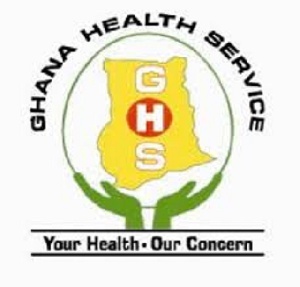 It is expected that Neglected Tropical Diseases would be reduced to the barest minimum by 2020
It is expected that Neglected Tropical Diseases would be reduced to the barest minimum by 2020
The Ghana Health Service (GHS), would from October 2 to 6, 2017 embark on a nationwide deworming exercise which aims at reaching over 1.3 million children in-and-out of school in 48 districts.
The annual exercise, would involve 8,200 public and private schools across the country, where children from Kindergarten to Junior High School Form three, would be treated for soil-transmitted worm infestation, which caused a host of serious health problems, including lack of concentration in class, as well as various illnesses leading to regular absenteeism and eventually drop-outs.
Dr Joyce Aryee, the Founder of the Salt and Light Ministries, and presently the National Ambassador for the Neglected Tropical Diseases (NTD) programme, said the country was on the threshold of its development and needed a well-developed and educated human capital to achieve the expected growth.
Dr Aryee who chaired a media Seminar in Accra, to explain the status of NTDs in Ghana noted that protecting the health of children and communities endemic with NTDs including as Onchocerciasis, Bilharzia, Elephantiasis, Trachoma, and intestinal worms, should not be compromised, but to be treated with utmost importance on the part of government as well as stakeholders.
She called on the media to participate in the coming event by intensifying public awareness and education on NTDs, to attract community support.
Dr Angela Tena Mensah, the Acting Director for Secondary Education, Ghana Education Service, said although reports from previous exercises, had shown great improvement in the reduction of these NTD across the various endemic communities, the persistent poor sanitation challenges continued to hinder total eradication.
She however called on all public and private schools, as well as parents, to avail their children during the exercise to be dewormed by head teachers and school health teachers who had been trained to administer the deworming medicine Albendazole or Mebendazole (500 mg), and teach their students about the dangers of worms.
Dr Benjamin Kofi Marfo, the Deputy Programme Manager for the NTDs programme, (GHS) said Ghana had 12 out of these 17 infectious diseases, leading to serious socio-economic and health under-development in endemic communities across the country.
It is expected that NTDs would be reduced to the barest minimum levels by the year 2020.
Dr Marfo said it was important that the public are educated about NTDs so they could appreciate the seriousness and dangers associated with these diseases, and support in their treatment and eradication.